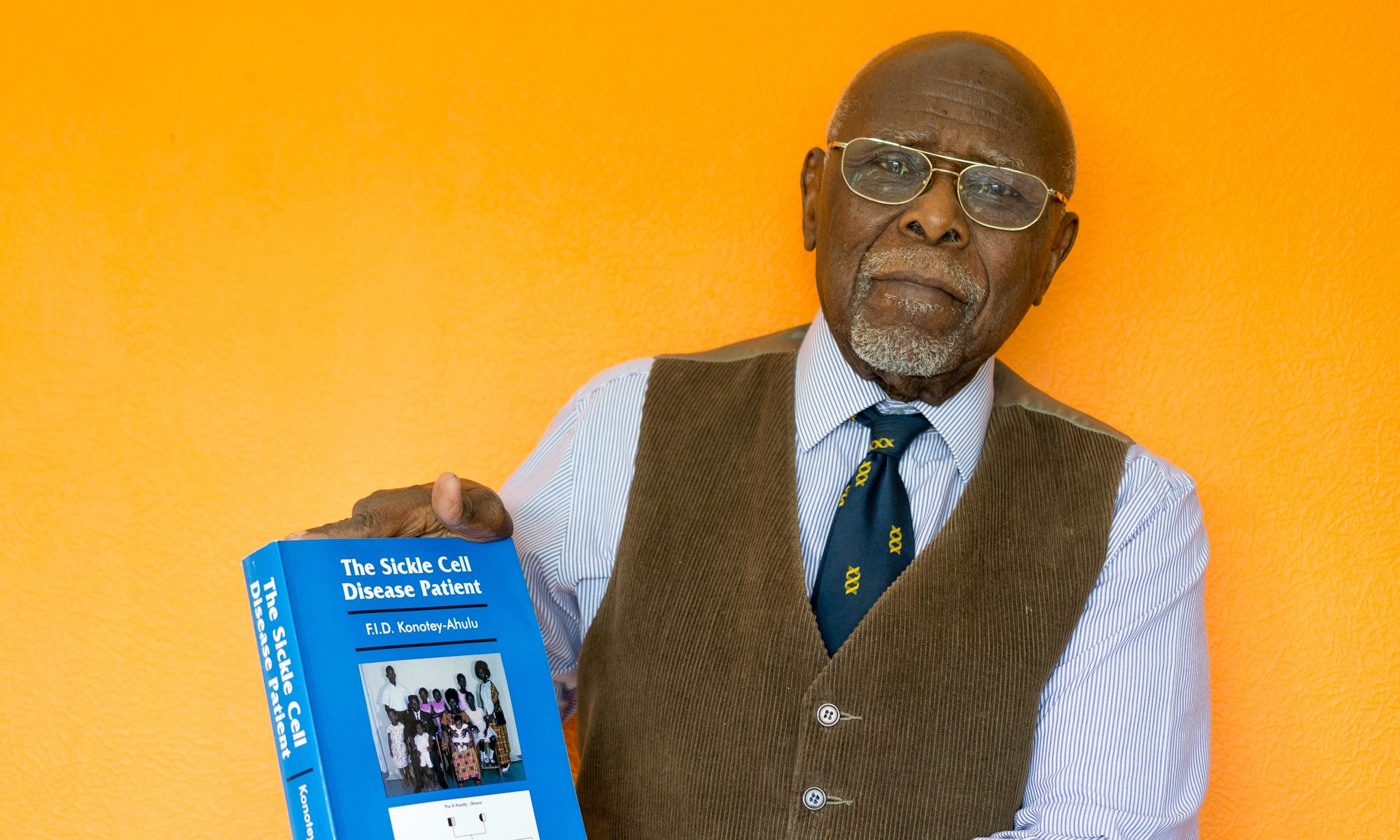I am very concerned at what appears to be inadequate cooperation among medical practitioners who I had always assumed worked in harmony to improve the quality of patients' lives and save lives that can be saved.
If I have understood correctly, in the first few years of training, medical practitioners learn that opiates, notably morphine and heroin (Diamorphine) have an effect on the cerebellum and deprive the system of oxygen. It is therefore advised that as there are numerous alternatives available, they should absolutely not be used as a pain killer unless a patient is terminally ill, very near to death and in excruciating pain which no other pain killer can relieve.
Do I understood that those physicians who continue to prescribe these drugs have forgotten what they have been taught or choose to ignore the fact even when reminded? What is happening to the life-saving dictum of the profession where some doctors are concerned?
In November 2008, I went to an emergency room at a clinic in Geneva , Switzerland where I live, with a blasting chest pain. My condition was soon further complicated by excruciating pain in my left hip.
My new lease on life is because medical practitioners did not contest my refusal of a morphine injection to relieve excruciating pain in my chest and hip. The physicians attending to me would have loved to relieve me of the pain with morphine but respected the knowledge, however little, and understanding I had of the way in which opiates affect the brain and therefore the entire system. They deprive the system of oxygen which is desperately vital in my condition, Sickle Cell Disease.
I had double pneumonia and pleurisy. The infection had provoked a sickle cell crisis. Before they had realised the extent of my illness, the fact that I was a sickle cell disease (SC) patient was enough for the physicians attending me NOT to insist on administering morphine. One of them said that my pain had reached the maximum the human body could endure.
Unfortunately, some physicians force patients to have morphine. Whether one is a sickle cell patient or not, opiates in my opinion, are not to be recommended.
I am allergic to aspirin and therefore must avoid no fewer than 34 prescription and over-the-counter medications, including Ketorolac (Toradol) which is very effective in relieving excruciating pain.
There are so many misconceptions about sickle cell disease that I took the book “The Sickle Cell Disease Patient” by F I D Konotey-Ahulu to the clinic and my daughter handed it to the physician attending to me. My three adult children are well informed about my health issues and therefore telephoned Professor Felix Konotey-Ahulu abroad for guidance. My physicians were very happy to consult with him by telephone. He confirmed that I was right to refuse the administration of morphine and together they co-operated in making me comfortable and well again.
I was fortunate enough not to need a blood transfusion (neither total nor partial).
It may help medical practitioners to know that over the 12-days that I was in the clinic in Geneva, medication I was given was Dafalgan, Valium, Tramal, Perfalgan, Rocephine, Klacid, Franxiperine, Nexium and Tavanic and Motilium lingual. I also had Oxygen, NaCl and Glucose. No Morphine or Diamorphine!
On leaving the clinic in Geneva , I went to a convalescence clinic. A physician at the convalescence clinic asked why I had refused morphine. When I explained why, a colleague of his pointed to the back of his head, reminding him of the effect opiates have on the brain.
I am privileged to interact with physicians for whom I have the highest respect, one reason being because they take due consideration of what I, their patient, say and they listen to my children as well. The physicians are humble enough to take hold of a receiver and cooperate with another physician abroad in saving a life. They admit to me that they have been very happy to deepen their knowledge and would be pleased to learn more.
Had I been given the morphine or any other opiate, because of my double pneumonia with sickle cell disease, I would not be writing today, pleading with physicians to have compassion on patients who sometimes suffer very uncomfortable psychological problems (however temporary) as a result of having been given opiates and those who die as a result of having been given opiates.
The physicians who seem not to understand should try putting themselves in the position of families plunged into unbearable grief because of carelessness – a loved one was given opiates unnecessarily.
In spite of myself I begin to wonder whether Professor Felix Konotey- Ahulu's very practical and uncomplicated life-saving advice is being ignored by some medical practitioners because of his African origins. I believe his advice is based on what every medical practitioner learns at medical school.
Mawunu Chapman Nyaho
Geneva
Competing interests: None declared
Source : http://www.bmj.com/cgi/eletters/339/sep01_1/b3536#220670
